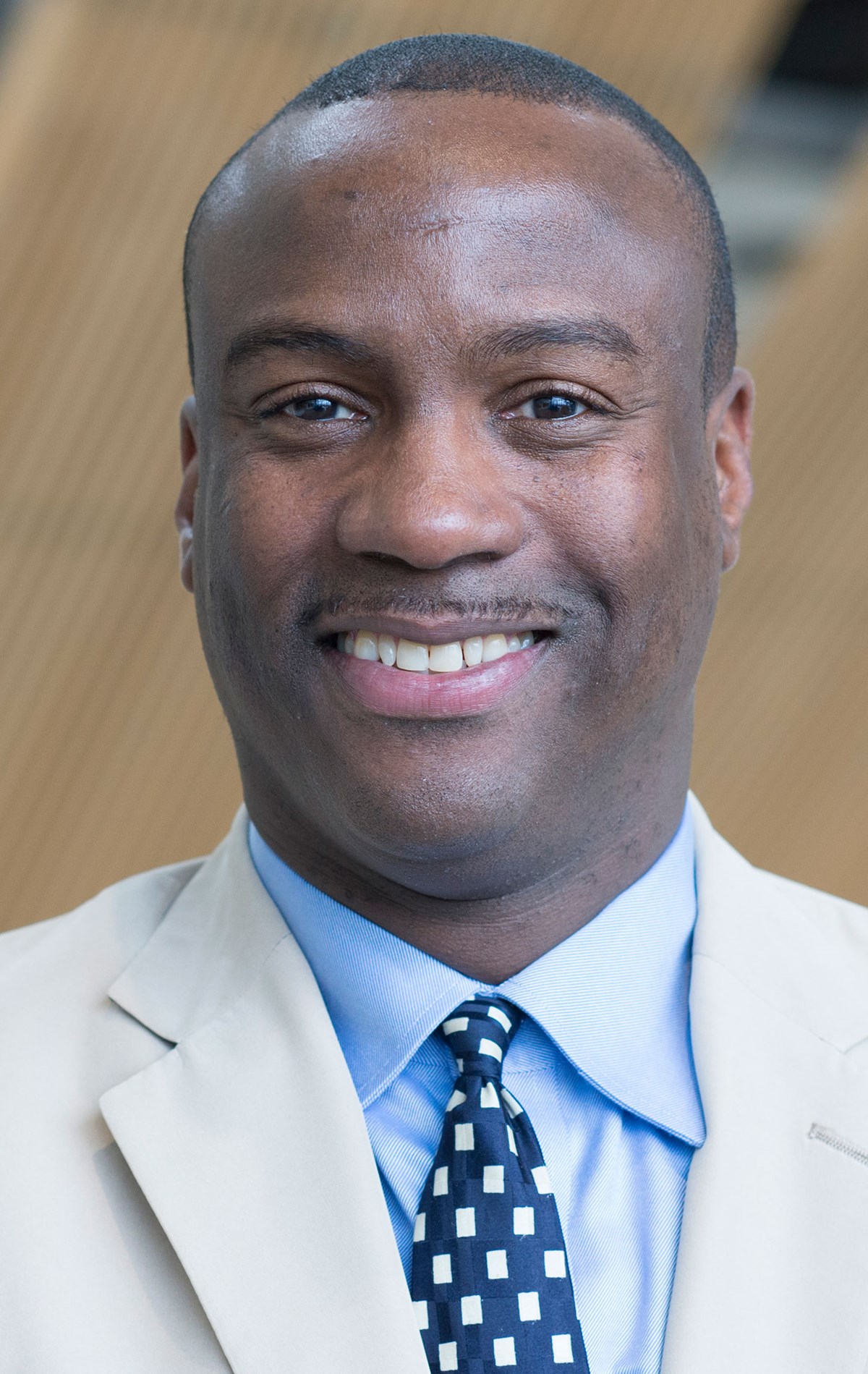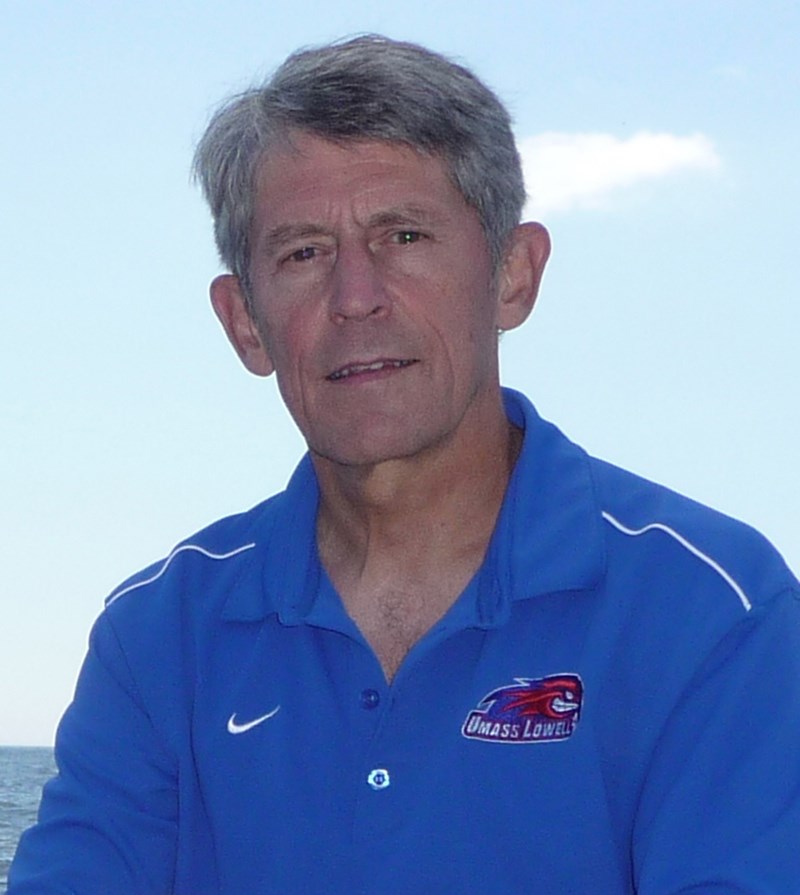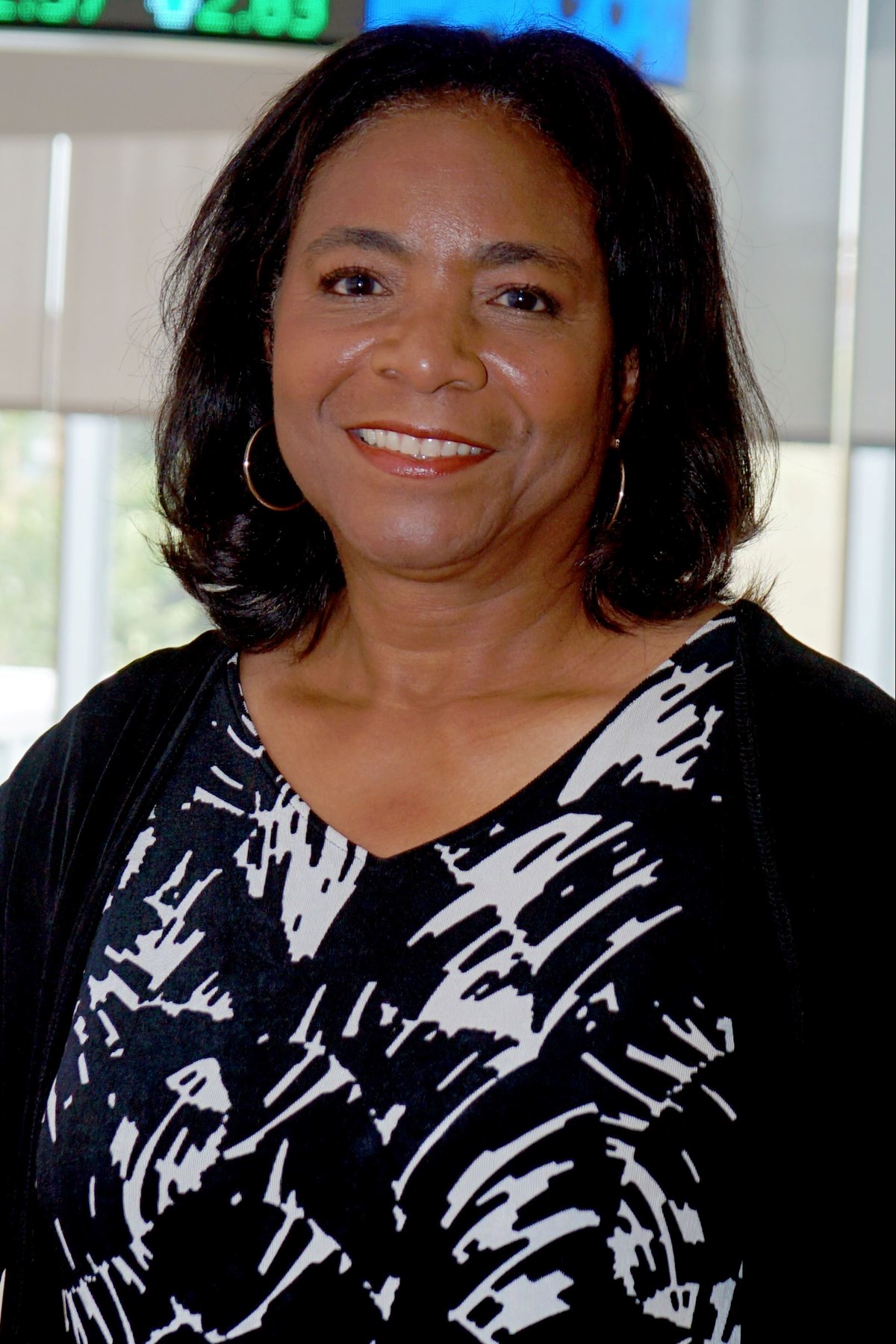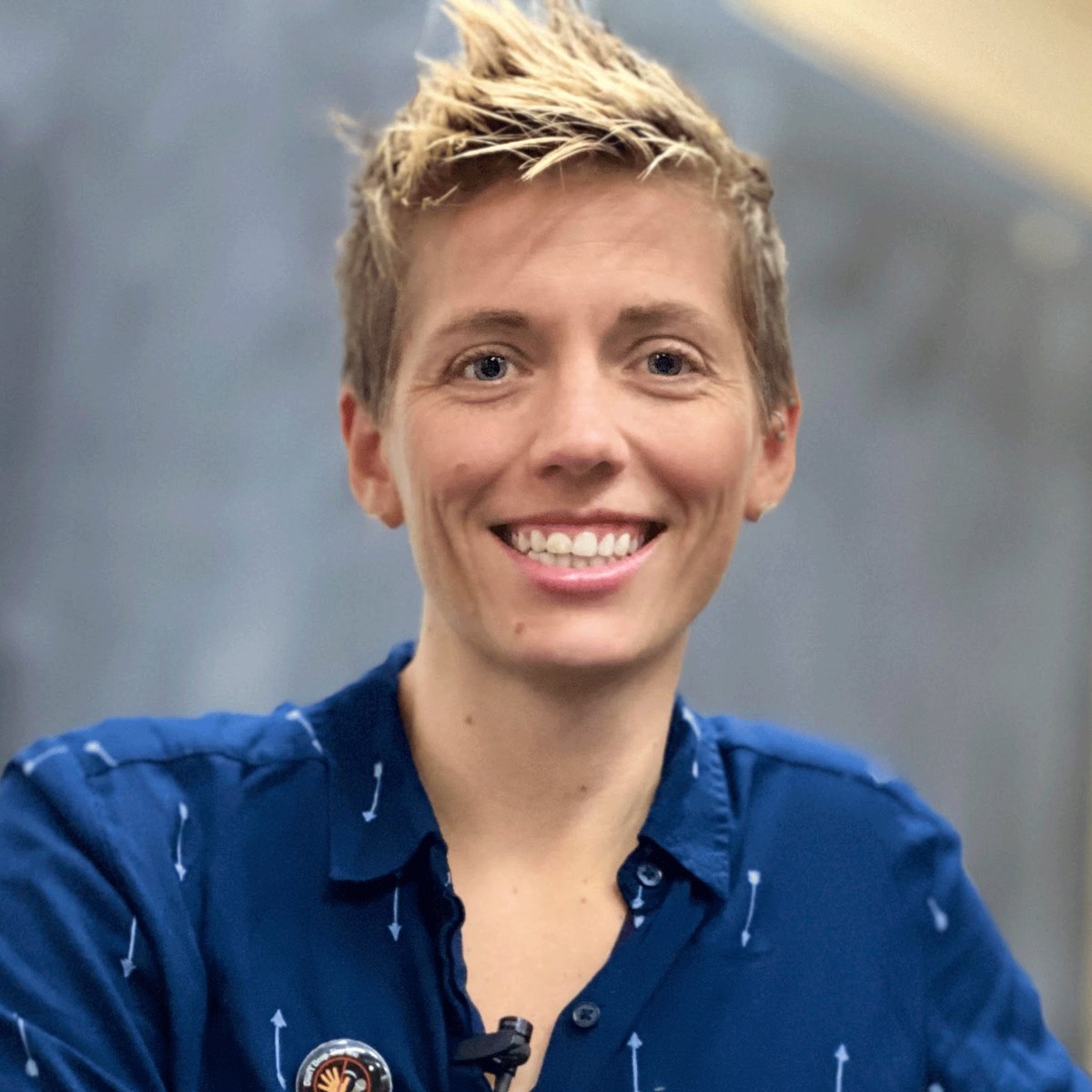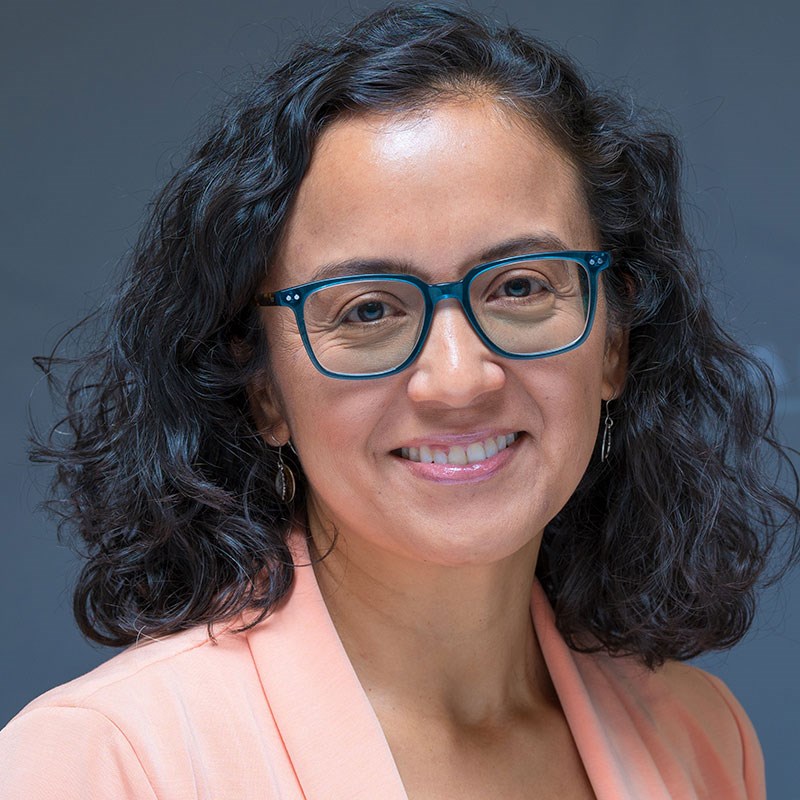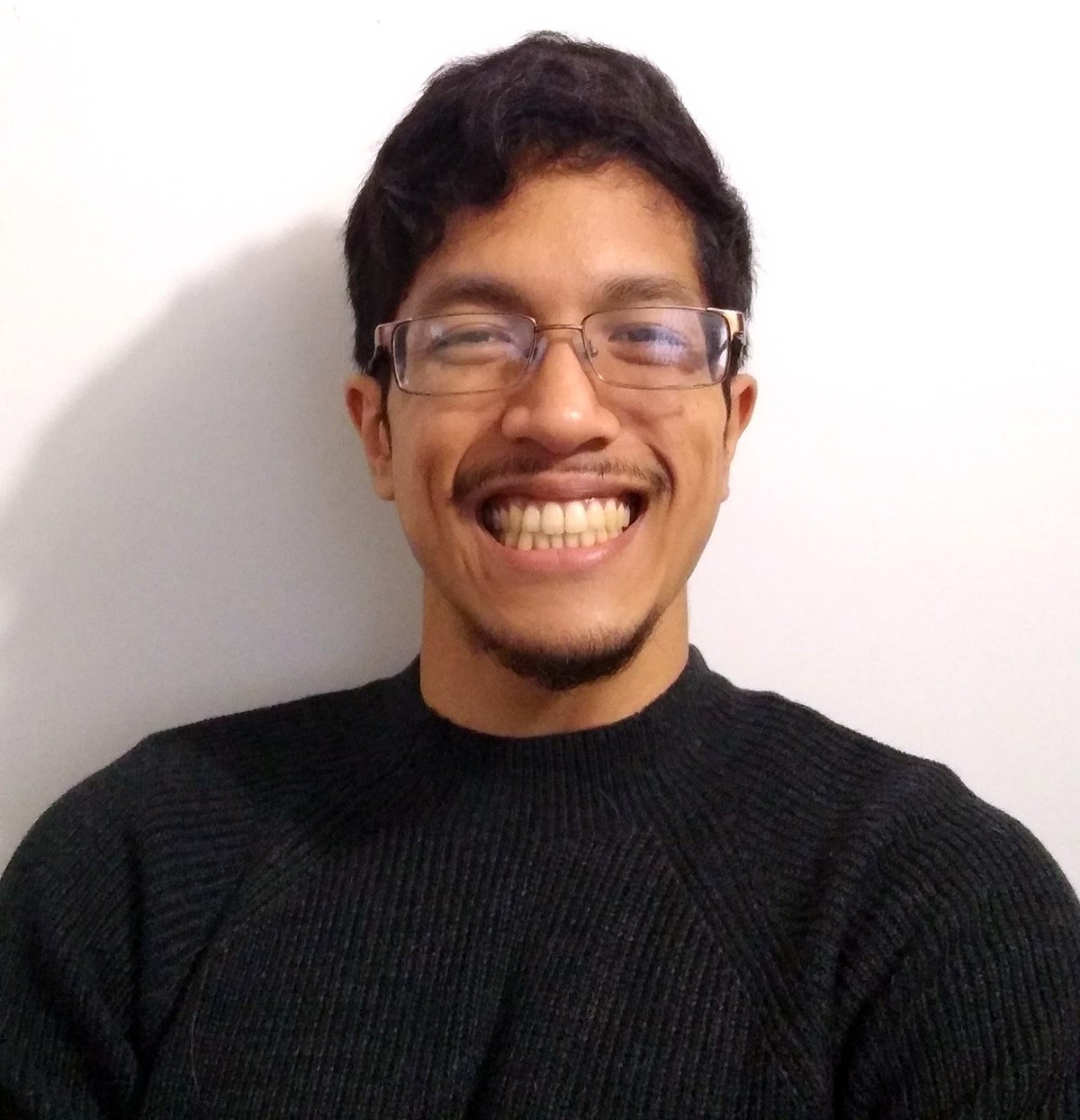When I was growing up, I lost my mother when I was 8 and I stayed with my aunt who had 10 children. I was a different child because I was academically inclined so everyone just assumed that I would go to college, and I was in a college prep class. I was also an athlete, basketball, running track, but I had no real parent to help guide me, especially leaving high school because I had no idea what to do. During high school, they suggested that I would go towards engineering. There was an after-school program that talked about college and overnight visits to tour colleges. College recruiters would take me out of class to get me to go to their school. I had to navigate this process on my own. My aunt pulled me aside and said she could not support me, and she would not fill out any FAFSA, so I did not go to college. Instead, I was hired by a local company right out of high school in the mechanical engineering department and I was able to co-op in mechanical engineering and go to the local college when one of my supervisors told me that I “didn’t belong there” just working, I belonged in school. You do what they tell you to do. You do not know about careers; when you graduate, you do not know when you get a job, how to get one.
Engineering co-ops pay well, so I could afford to pay for school and to live. I only knew class and work. Personally, did not receive the support I needed to thrive. One thing I learned from this experience was to build that network even with the challenge of navigating it all by yourself. Advocate for yourself! The co-op helped me. I was nerdy enough to get along well with my professors who helped me navigate college life until I made friends. When I was in college, my professors liked me and mentored me.
I was probably late, but a faculty member who helped me call companies and reached out to employers really helped me get my first job out of college. If I was more proactive about my future, it would have made my journey smoother. If I had been wiser or had someone before me, it would have been easier.
While I’m working, they saw something in me, they wanted to put me on a fast track. From my self-assessment, I needed more training opportunities in business. The company paid for 1 year of school and I split my time between 2 faculty members. One of them said I should be a faculty member not in corporate America. After switching jobs and as things that are changing in the industry and enough was changing, I decided to get my PhD in business to research and solve business problems with statistical analysis.
It was the faculty who gave me support and encouraged me to work hard and strive for greatness. They were the ones who assessed/evaluated me better than I could assess myself.
You must realize that this dream is for you. You must decide for yourself “How bad do I want this?”. You cannot live your life for others. Chase your own dreams.
Read Bertie Greer's UMass Lowell Bio.

